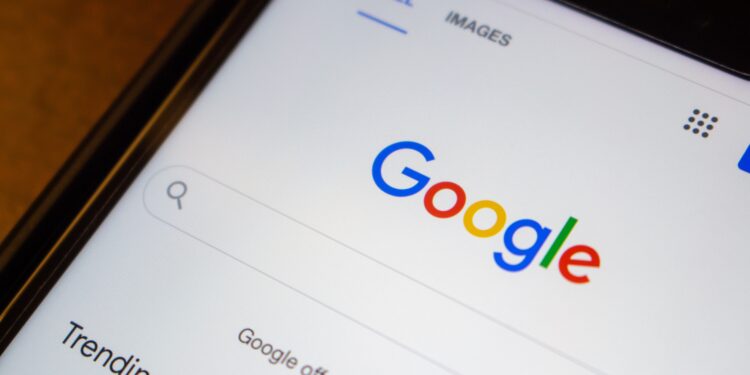Google’s competitors, including Yelp and DuckDuckGo, expressed cautious optimism after a federal judge ruled that Google is an illegal monopoly. While the ruling is a significant win, these companies are now focused on the next phase, where the court will decide on remedies to restore competition. They stress the importance of strong, enforceable measures to prevent Google from maintaining its dominance through exclusionary practices.
DuckDuckGo highlighted the need for careful implementation of remedies, drawing on lessons from the European Union’s attempts to curb Google’s monopoly. The company emphasized that simply imposing a choice screen for default search engines, as was done in the EU, has not been effective. They advocate for ongoing monitoring by independent experts to ensure that any imposed solutions are not easily circumvented by Google.
Yelp’s CEO, Jeremy Stoppelman, called for more drastic measures, such as spinning off Google services that have benefited from its search monopoly and banning exclusive default search deals. Other industry voices, like Digital Content Next, suggest separating Google’s Chrome and Android businesses to open up competition. The remedies could reshape the tech landscape, especially as the Department of Justice considers forward-looking solutions, including structural changes and addressing the role of AI in search.
As the process unfolds, Google plans to appeal the ruling, and the final outcome may take years to resolve. However, the potential for significant changes to Google’s business model has competitors hopeful that the ruling could lead to a new era of innovation, similar to the impact of the Microsoft antitrust case two decades ago.












